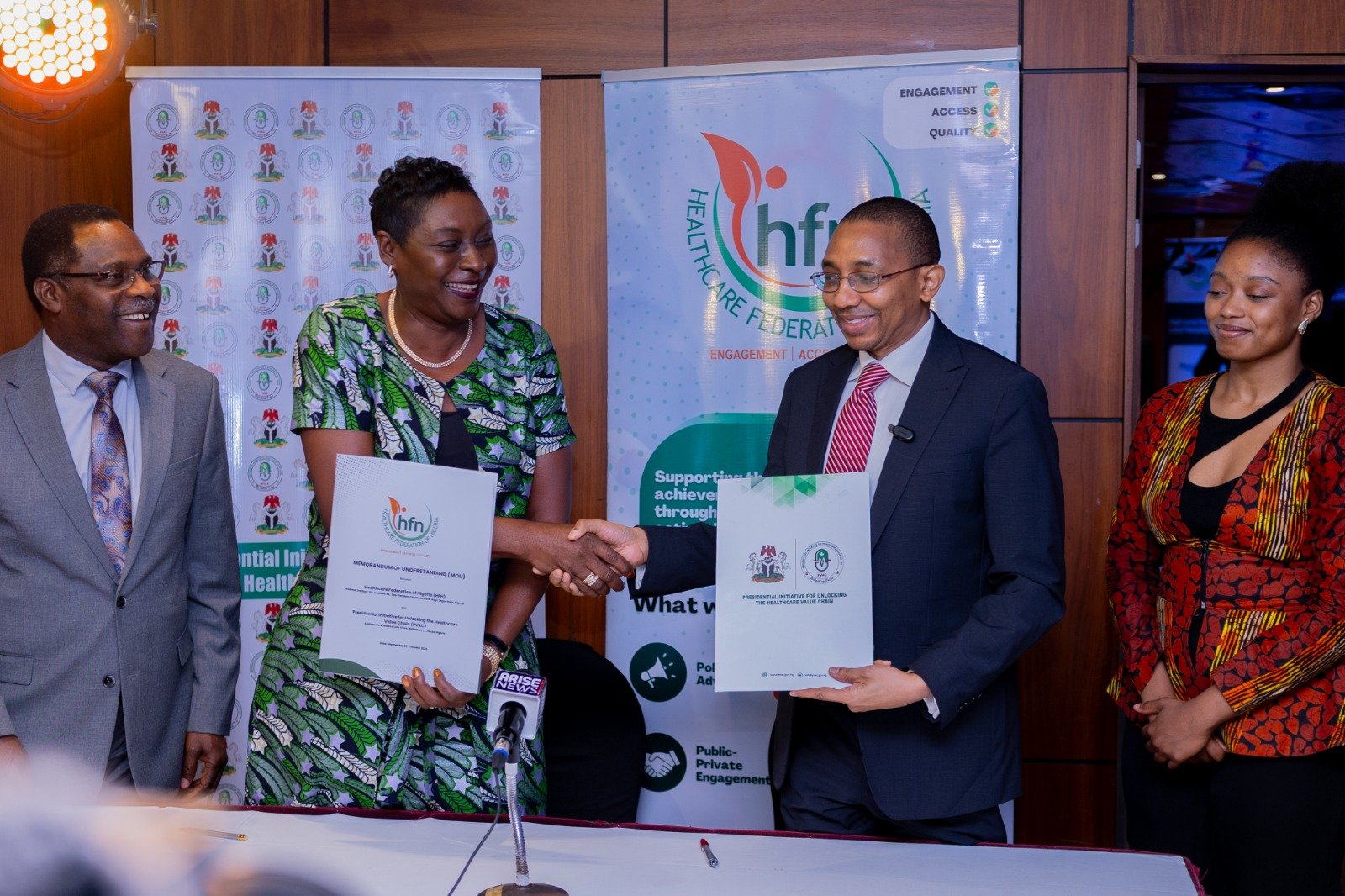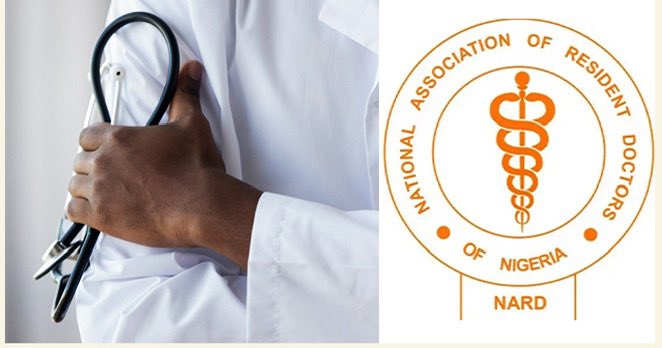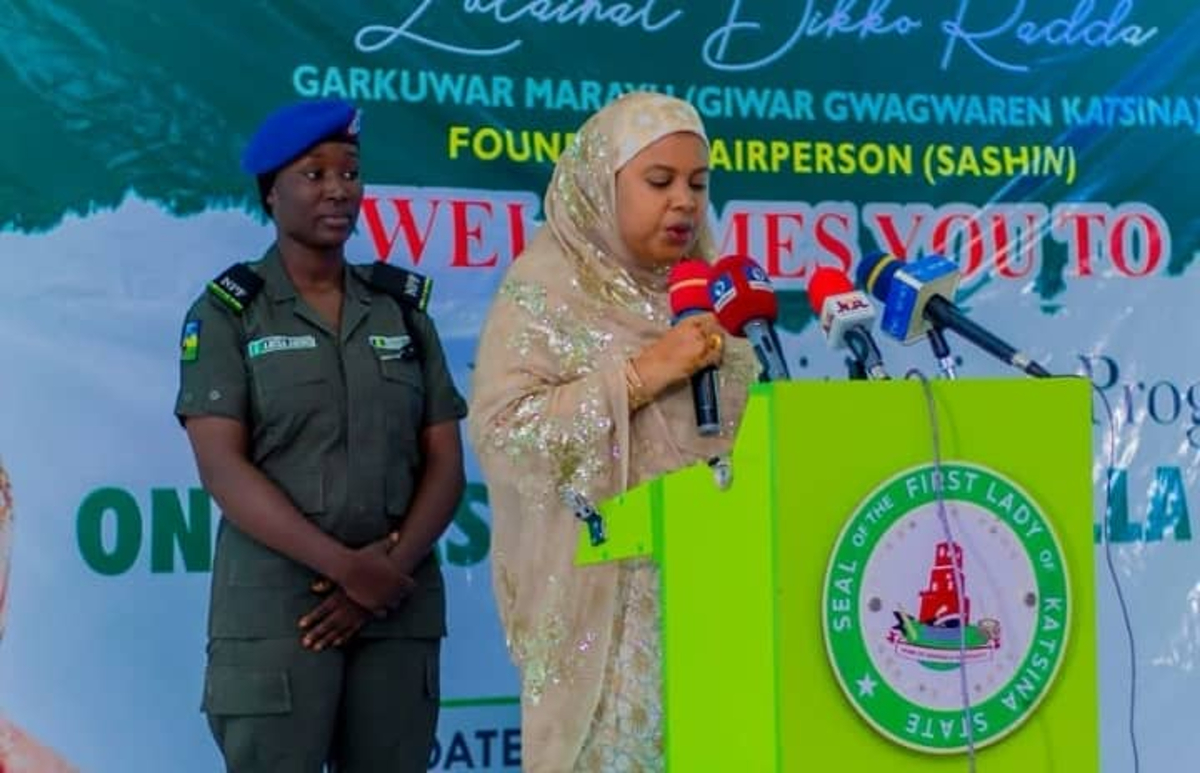The Federal Government has announced plans to significantly increase investment in oncology infrastructure and cancer care as part of efforts to curb medical tourism and improve access to advanced treatment within the country.
Minister of State for Health and Social Welfare, Dr Adekunle Salako, disclosed this at the launch of the Innovative Cancer Medicines Demonstration Project in Abuja, noting that the 2025 national budget provides the highest-ever allocation for cancer infrastructure development, underscoring the government’s commitment to tackling the growing disease burden.
Salako revealed that six regional cancer centres of excellence have been constructed across the country, with three already commissioned. He described cancer as a leading cause of death in Nigeria, citing colorectal cancer as the second most common among men and the fourth overall, with incidence rates having tripled in the past four decades.
“Due to late presentation and limited treatment options, colorectal cancer alone accounts for nearly 5,900 deaths annually in Nigeria. These statistics are sobering, but they also fuel our resolve to revolutionise cancer prevention, control, and overall management,” he said.
The minister stressed that the government’s strategy goes beyond treatment, incorporating prevention, awareness, and early detection through lifestyle modification campaigns, expanded immunisation for vaccine-preventable cancers, and enhanced screening services nationwide.
He noted that through agencies such as the National Institute for Cancer Research and Treatment (NICRAT), the National Agency for Food and Drug Administration and Control (NAFDAC), and the National Cancer Control Programme, the government is building regulatory capacity, supporting ethical research, digitising systems, and investing in workforce development to ensure that innovation reaches every patient who needs it.
Salako also highlighted ongoing partnerships with the private sector and philanthropic organisations aimed at unlocking the healthcare value chain to deliver both health and economic dividends for Nigerians.
Speaking on the newly launched initiative, the minister described the Innovative Cancer Medicines (ICM) Demonstration Project as a milestone in Nigeria’s journey toward equitable access to cancer care.
“The enrolment of the first Nigerian patient in this landmark initiative symbolises more than clinical progress; it represents hope. Hope that patients in low- and middle-income countries will no longer have to wait decades to benefit from the same lifesaving innovations available elsewhere,” he said.
The project is a collaboration between the Clinton Health Access Initiative (CHAI), the Parker Institute for Cancer Immunotherapy (PICI), Bristol Myers Squibb (BMS), Roche, and the Federal Ministry of Health and Social Welfare. Salako said the partnership exemplifies how global solidarity, scientific excellence, and national leadership can converge to transform health outcomes.
He explained that the demonstration, anchored at the National Hospital, Abuja, introduces nivolumab, an immunotherapy drug that harnesses the body’s immune system to fight cancer, a treatment already saving lives globally.
“For Nigeria, this is not merely a demonstration study; it is proof of the possibility that innovative cancer care can be delivered safely, sustainably, and locally,” he added.
Through the project, data will be gathered on patient experiences, health system readiness, and the infrastructure required to scale such therapies nationwide, ultimately helping to shape an African model of sustainable access to innovative medicines.
Salako said the demonstration aligns with the National Cancer Control Plan and the Renewed Hope Health Agenda, which prioritise local research, early detection, access to diagnostics, and affordable innovative treatments.
He urged health regulatory bodies to facilitate research and innovation by streamlining approval processes and ensuring protocols that protect public health without creating barriers to progress.






